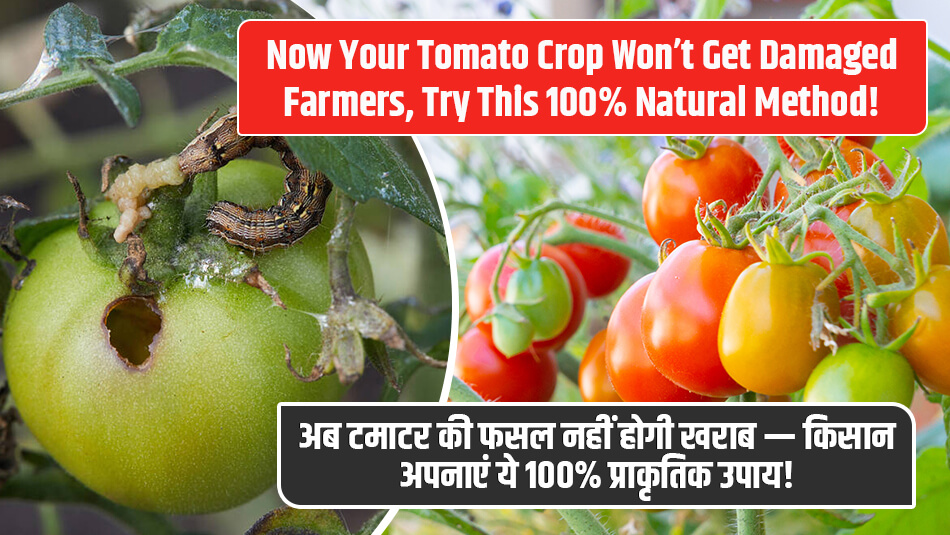
Tomato is one of the most popular vegetables grown across almost every region of India. However, pest and disease attacks on tomato crops are quite common, often reducing both yield and quality. In such cases, neem powder is emerging as an effective, affordable, and eco-friendly solution for farmers. It not only improves soil health but also strengthens the plant’s natural resistance against diseases. For farmers aiming for higher yield and better quality at a lower cost, neem powder can be a smart and sustainable choice.
Neem powder is prepared by grinding dried neem seeds, fruits, or leaves. It naturally contains antibacterial, fungicidal, and insecticidal properties. The compound Azadirachtin found in neem plays a key role in destroying pests and stopping their reproduction. Since it’s a completely organic product, it is safe for both soil and the environment.
Neem powder can be used in several ways during tomato cultivation:
Tomato crops are often attacked by fruit borers, whiteflies, aphids, and leaf miners. Neem powder disrupts their life cycle, preventing them from harming the plants. It also helps control fungal diseases such as Blight and Leaf Spot.
Regular use of neem powder or neem spray reduces the need for chemical pesticides, keeping your produce pure, organic, and safe for consumers.
Neem powder doesn’t just protect the crop — it also enhances the soil. It stabilizes nitrogen levels and promotes microbial activity, which improves soil structure and root development. As a result, tomatoes become brighter, juicier, and have a longer shelf life.
In today’s world, where consumers prefer chemical-free vegetables, neem powder has become a vital component of organic tomato cultivation. It reduces farming costs, maintains soil fertility, and increases the market value of the produce.
So, if farmers want to grow tomatoes naturally with higher profits and better quality, using neem powder regularly can truly be a boon for sustainable farming.
Latest Update